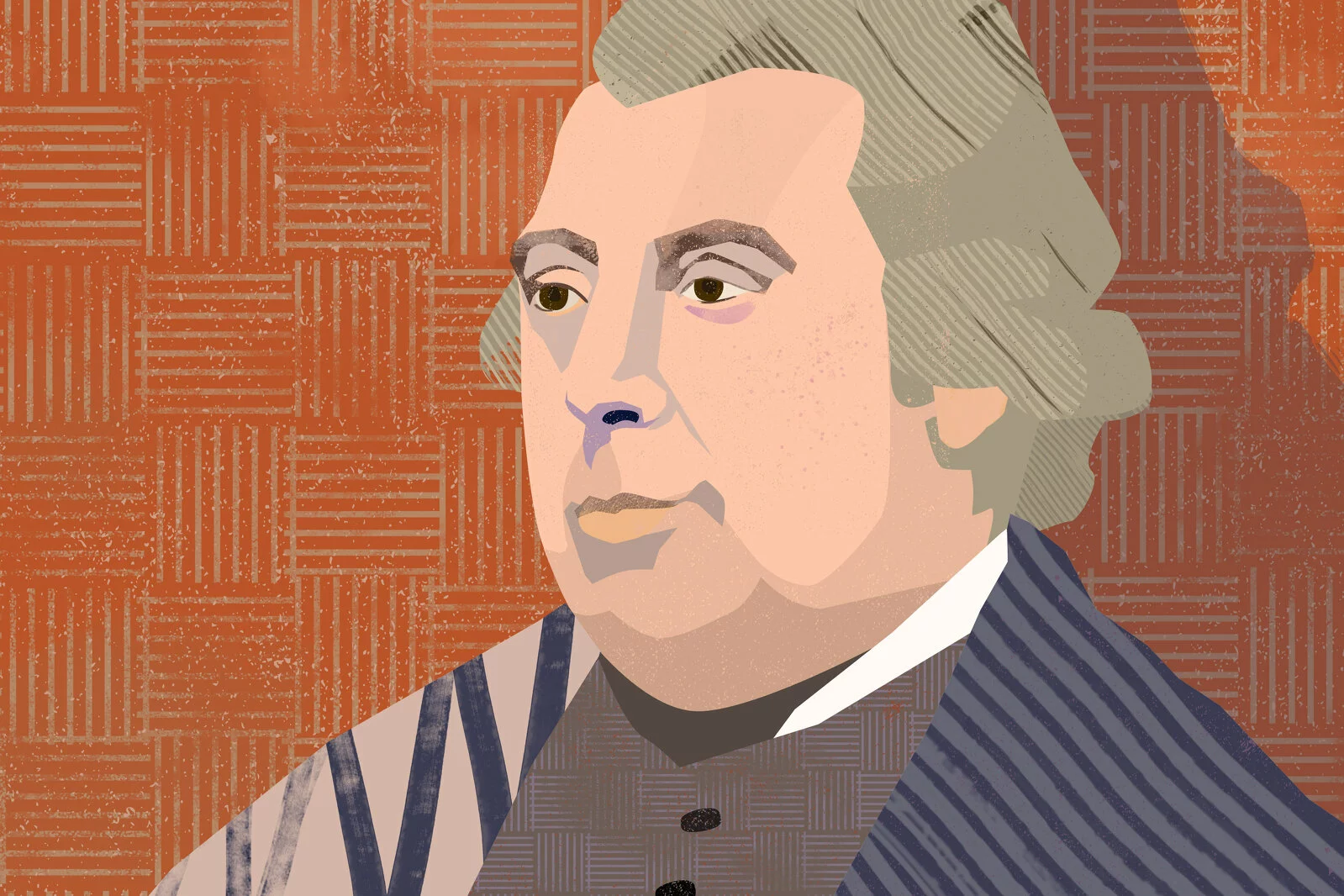A British country pastor named John Newton began writing hymns for his small congregation. These were not sophisticated, high-society people, but farmers, blacksmiths, carpenters, and lace-makers. Newton’s hymns were another attempt to help his community understand the Scriptures.
In December of 1772, Newton prepared a hymn to accompany his New Year’s Day sermon. He had been reflecting back on his life and how God had saved him from his former life of sin. What came out was a simple and personal song. Over 80% of the words were just one syllable, but this song was Newton’s testimony and he called it Faith’s Review and Expectation.
Newton’s best friend was a successful businessman in London named John Thornton. They exchanged letters every two weeks and often at the bottom of his letters Newton would copy the words of a hymn he had just written. Eventually, the idea to publish these hymns came up.
“I think you are right in printing your hymns,” Thornton advised, “I shall be glad of a thousand of them in a cheap cover to disperse.”
“I entirely submit the choice of the printer or bookseller,” Newton responded. “I shall not think the affair is managed rightly, except you are pleased to determine every part of it.”
The two Johns partnered together to launch the Olney Hymns in 1779 and Thornton distributed his thousand copies among his influential friends in London. The book became an immediate best-seller, going through forty print runs.
But hymn number forty-one, Faith’s Review and Expectation, didn’t initially catch on in England. It was the Americans who fell in love with it. Congregations in the Deep South loved soulful hymns and they paired Newton’s words with a new tune and renamed it Amazing Grace.
Amazing Grace went on to become the most sung, most recorded, and most loved hymn in the world. This village hymn became a global anthem. And behind its great success was a businessman named John Thornton.
Thornton came alongside his friend John Newton and gave generously so that more and more people could hear and sing God’s word. And two hundred and forty-three years later we are still singing it!
Here’s Amazing Grace in its original form:
Amazing grace! (how sweet the sound)
That sav’d a wretch like me!
I once was lost, but now am found;
Was blind, but now I see.
’Twas grace that taught my heart to fear,
And grace my fears reliev’d;
How precious did that grace appear,
The hour I first believed!
Thro’ many dangers, toils and snares,
I have already come;
’Tis grace has brought me safe thus far,
And grace will lead me home
The Lord has promis’d good to me,
His Word my hope secures;
He will my shield and portion be,
As long as life endures.
Yes, when this flesh and heart shall fail,
And mortal life shall cease,
I shall possess, within the vail,
A life of joy and peace.
The earth shall soon dissolve like snow,
The sun forbear to shine;
But God who call’d me here below,
Will be forever mine.
© 2017 John Rinehart


